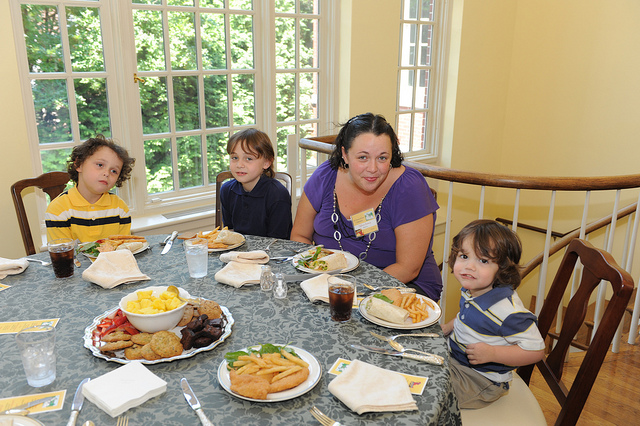If you were to make a list of some of the most rewarding jobs in life, then becoming a foster parent would definitely feature on it. Of course it has it’s share of ups and downs, but you’re essentially providing a good home and safe environment for a child until they go back to a biological relative or they’re adopted by your family, or another family. As you think about becoming a foster parent, there are many things to consider. Here are some of the things you need to know about becoming a foster parent that you might not already realise:
The Children’s Age
If you have the idea that you only want to foster babies, then you’ll need to discuss with the relevant authority on how often babies go into care. Eventually, babies will often go home or to a relative. If you really want to foster, you may have to take on children of varying ages.
Money
If you’re becoming a foster parent as a way to make some money, then you should not become a foster parent. The amount of money you’ll get for this is probably small in comparison to what you’ll spend caring for the child. You need to do this job for you, because you want to help, not because of the money.
Marriage
If you’re married, both you and your partner need to be active foster parents. You won’t be able to do it without the other one fully involved – it’s much better as a team. Make sure you’re both on the same wave length when it comes to fostering.
Friends
You should be prepared to lose a few of your friends in the whole process. You might find that some of your friends don’t want to see you as much if you have a sensitive child in your care and you can’t do the things you were once able to do. This is totally normal, so be prepared.
Routine
Your daily routine will almost definitely change. If you aren’t willing to change your routine then this job is not for you.
Working with Relatives
You need to be prepared to work with biological family and relatives of the child you’re fostering. The goal is to keep the children safe, but also to help reunite families. If you think you may have a difficult time working with the child’s biological family then you shouldn’t foster.
Leaving Home
If you think you’ll find it hard letting the child leave your home, then you shouldn’t be a foster carer. You will get attached to the children, and you’ll definitely grieve when they leave you, especially if they’ve been with you more than a year.
Good foster parents are always needed, so it’s important that people who think they can handle the challenge and give an emotionally unstable child what they need continue step up to the mark. Finding a good agency is important first of all, for example, perpetual fostering specialise in Manchester foster parents. Are you a foster parent? Let us know why you love your job and share any advice you may have in the comments!







